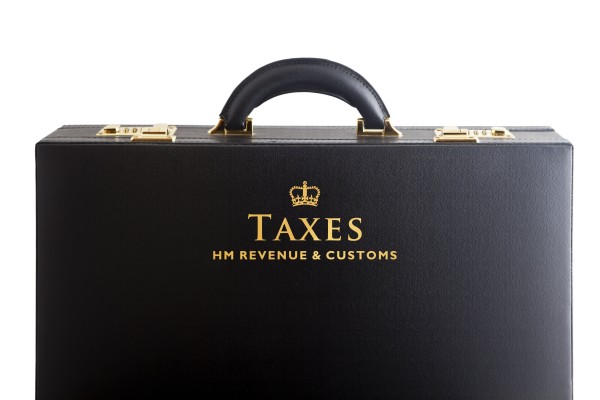

About 170,000 self-employed workers will be paying more in tax from April 2020, as the government is expanding the off-payroll working rules, known as IR35, to the private sector.
The estimate was made by HM Revenue & Customs, which published a policy paper on this matter today (July 11), in line with what was announced in the last Budget.
The extension of the off-payroll working rules to the private sector will imply that contractors such as IT and management consultants who work through their own company but are in practice deemed as employed by a third party, pay the right tax as employees.
Tax experts have previously said IR35 can reduce a worker’s net income by up to 25 per cent, costing the typical limited company contractor thousands of pounds in additional income tax and national insurance contributions.
The measure is expected to bring in £3.1bn in additional revenues for the Exchequer between 2020 and 2024, HMRC stated.
But it does not mean that the workers will have access to benefits or workplace pensions.
The Association of Independent Professionals and the Self-Employed has already criticised the move, stating that it could seriously damage British innovation while creating a form of second-class employment.
Chris Bryce, IPSE’s chief executive, argued that extending the off-payroll working rules "will put a huge extra burden on organisations which depend on the use of highly-skilled flexible workers to help them succeed".
He said: "With such short notice, the Treasury has left businesses to choose between access to the skills they desperately need and trying to rush implementation of rules even HMRC itself doesn’t understand.
"The impact on freelancers will be no less serious. Many now risk being pushed into quasi-employment against their will. They’ll be paying into the system like employees but will be denied any of the protections which go with employment.
"This fundamentally undermines the principle of no taxation without rights that many people understand as the basic fairness in our system."
In April 2017 the government reformed off-payroll working in the public sector and in the Autumn Budget 2017, it announced it would consult on how to tackle the issue in the private sector, leading to a consultation being launched in May 2018.
In July 2018, the government made a U-turn on its plan to end Class 2 national insurance contributions for the self-employed, which was announced in the 2016 Budget would have cost the Treasury about £360m a year.
The move would have saved millions of self-employed workers £150 a year in national insurance contributions but would have hit the lowest earners, who would have had to make up the shortfall with extra contributions to reach state pension entitlements.
Mr Bryce, who called the latest measure unfair and unnecessary, is calling on the incoming prime minister to scrap it altogether.
He added: "Now we have finally seen the draft legislation the government must at the very least delay its introduction to give everyone time to work out this chaotic mess."
The new rules are expected to be included in the Finance Bill 2019/20.
Seb Maley, CEO at tax consultancy Qdos, said: "With the arrival of the draft legislation, it seems very unlikely that there will be a U-turn or a delay at this stage, despite the fact that amid political uncertainty further IR35 reform is short-sighted and unnecessary.
"HMRC is wrongly under the impression that public sector reform has been a success. Therefore, it’s no surprise that private sector changes look like they will closely mirror those introduced in the public sector in 2017.
"The onus is now on the private sector to prepare for the arrival of these changes next April. With greater clarity over the incoming rules, private sector firms can at least focus fully on preparing for these changes, ensuring they are capable of accurately setting the tax status of contractors."
maria.espadinha@ft.com
What do you think about the issues raised by this story? Email us on fa.letters@ft.com to let us know.



